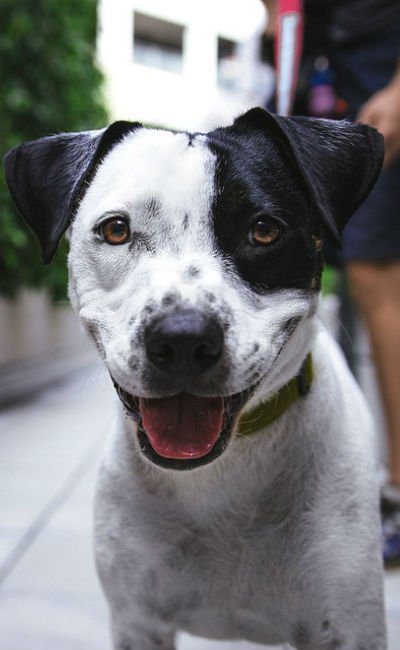There are around 150 diseases that can be transferred from animals to humans. These are called Zoonotic diseases, which refers to any infectious disease that animals can spread to humans. These include viral and bacterial infections, that can be extremely common. The germs can be spread between animals and people from direct contact, being bitten or scratched by the animal or by food contamination. When you consider that out of the 1,415 pathogens known to affect humans, 61% of them are zoonotic, it becomes clear why it is important to raise awareness about the dangers posed to humans by zoonotic diseases.
In the UK alone, the pet population stands at around 51 million, meaning there is a real risk of catching zoonotic diseases, especially when people do not wash their hands properly after coming into contact with animals. Anyone is at risk of catching a zoonotic disease whether they have been in direct contact with an animal or not. Young children, the elderly and anyone with a weak immune system are especially at risk. This is why it is vitally important to wash your hands properly after coming into contact with animals.
Table of Contents
World Zoonoses Day 2020
World Zoonoses Day is an annual event held to raise awareness about the risk of zoonotic diseases and how to prevent the spread of them. French biologist Louis Pasteur successfully administered the first ever rabies vaccine on the 6th July 1885, which is why World Zoonoses Day is celebrated on the 6th July every year.
Diseases passed from animals to humans can be mild or in some circumstances fatal, but the in many cases the potential contraction of disease can be avoided simply by improving knowledge and education about the importance of good hygiene.
Common Zoonotic Diseases In Pets
It is important to be aware of the zoonotic diseases that can be present in animals. Some common zoonotic diseases include:
- Salmonella
- Roundworms
- Strep Throat
- Ringworm
- Scabies
- Giardia (intestinal parasite)
- Dermatophytosis (fungal disease)
Other common zoonotic diseases you may have heard of include Ebola, Bird Flu, Mad Cow Disease, MERS and SARS. In the UK, as young children at school we have probably all heard the story about the bubonic plague, which was spread by fleas, leading to the death of thousands of people.
How To Prevent Contracting Zoonotic Diseases
Petting and normal zoos, farms, pet shops, wildlife and bird sanctuaries, stables, vets and rescue centres are all areas of where zoonotic infections can be caught and spread. As a precaution, good hand hygiene should be a priority. This means that adequate handwashing and sanitising facilities need to be provided in all places where people are likely to come into contact with animals. If you are out and about, it may not always be possible to access soap and water, so you may want to consider carrying personal hand sanitiser around with you so you can clean your hands effectively.
Even domestic animal’s saliva and fur are full of germs, and whenever you touch animals these germs will be transferred onto the skin of your hands. This is why it is very important to take precautions to lower the risk of contracting a zoonotic disease. The best and most effective way to do this is by practising good hand hygiene.
It is especially important to wash your hands before preparing food if you have been touching animals and there are a number of other situations when the whole family should wash their hands, preferably before and after:
- Feeding or handling pet food
- Cleaning pet’s equipment including toys and cages
- Playing with or stroking your pet
- Coming into contact with any faeces or litter trays
- Visiting any farms, zoos, wildlife sanctuaries – even if no direct contact has been made
With children it is very important to provide the education so that they understand why it is necessary to wash their hands after touching animals to encourage them to do so.
Providing Hand Washing Facilities
It is important for all businesses to provide adequate hand washing facilities and this is even more vital when people come into contact with animals. Citron Hygiene are experts in providing washroom and hygiene care services to ensure that your premises is providing the facilities necessary for people to wash their hands properly and effectively.
If you would like to find out more about Citron Hygiene’s soap and sanitising range and how we can help your business, then please contact a member of our expert team.
